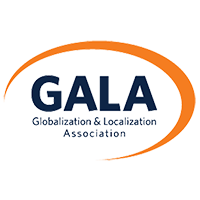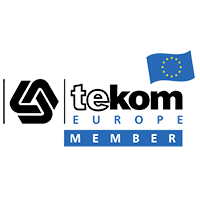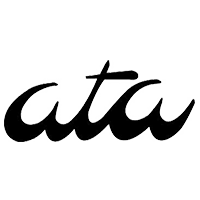The Characteristics of a Transparent Translation Process
We demand transparency from our governments, from our banks, and in our relationships. It should come as no surprise that clients are seeking greater transparency in the translation process as well. Here are 4 characteristics of a transparent client-translator relationship.
Like so many things in life, transparency only works when it flows both ways. If you’re a client wondering if your translator is being as transparent with you as they might be, or if you’re a language service provider (LSP) or freelance translator wondering how to show your clients that you’re not holding anything back, here are 4 practices that transparent translators (and clients) make a habit of.
Keeping the client posted
There’s no need for clients to go overboard here – it’s understandable that translators don’t really have time to provide hourly updates on translation projects. However, it’s perfectly fair to expect your translator to let you know of all relevant developments regarding your translation project. A good translation management system (TMS) with an intuitive dashboard (like our own ArgosMinerva system) makes this process easier for everyone involved.
Being clear from the start
A transparent translator should be sure to state their intentions and expectations about a business relationship right from the start, which may involve clients being asked to agree to terms and conditions. Clients can help by making sure to discuss their projects’ start and end dates, what their completed translation will include, and terms and conditions of payment.
Telling the truth
Good, transparent translators will be honest with clients when difficulties arise, informing them of the problem and working together to find a solution. In such situations, clients can help by not judging their translators, as it will only encourage them to bury their heads in the sand in the future.
Asking for feedback
Expert translators will ask for client feedback on their projects because it will not only demonstrate a willingness to be transparent, but also because it will help them identify potential areas where their work can be improved. Clients can help by providing timely, honest feedback whenever it’s requested.
The Argos difference
At Argos, transparency has guided our behavior since the beginning of the company back in 1996. We go above and beyond to provide our clients with full transparency at every stage of their projects – so much so that many of them cite our openness as one of the key reasons why they choose to continue working with us. We’ve found that transparency is especially important to clients when dealing with confidential documents, and simple actions like signing non-disclosure agreements go a long way toward securing a client’s trust and future business.




